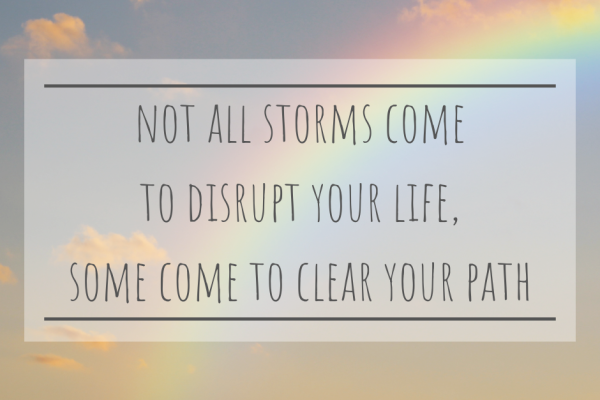In a recent article published in The New York Times, the psychology of fear and uncertainty takes center stage. The article sheds light on the impact these emotions can have on our lives and explores potential solutions. In this blog post, we’ll delve into the insights provided by the article and take a closer look at how hypnosis can be an effective option for addressing fears and phobias.
The New York Times Article: The article published on January 19, 2024, titled “Understanding the Sociology of Fear and Uncertainty” (you can read it here), delves into the complex world of human emotions. It discusses how fear and uncertainty can affect our daily lives, decisions, and even our physical health. The article emphasizes the importance of understanding these emotions and finding ways to cope with them.
Top fears from the latest survey:
- Economic or financial collapse
- People I love becoming seriously ill;
- People I love dying
- Pollution from drinking water
- Biological warfare/ cyberterrorism
- Not having enough money in the future
FACT: 6 percent of Americans say they’re afraid of clowns.

Hypnosis as a Solution: One intriguing approach to addressing fears and phobias discussed in the article is hypnosis. Hypnosis is often associated with stage performances, but it has a legitimate therapeutic application known as clinical hypnotherapy.
Clinical hypnotherapy involves a trained therapist guiding individuals into a deep state of relaxation and heightened focus. In this state, the therapist can work with the individual to explore and address the root causes of their fears and phobias. Here’s how hypnosis can be an effective option:
- Accessing the Subconscious: Hypnosis allows access to the subconscious mind, where many fears and phobias originate. By exploring these deeper layers of the mind, individuals can gain insights into the origins of their fears.
- Desensitization: Hypnotherapy can help individuals become desensitized to their fears gradually. This process involves creating a safe mental space where they can confront their fears in a controlled manner.
- Positive Suggestions: During hypnosis, therapists can provide positive suggestions and affirmations to reframe the individual’s perception of the fear or phobia. This can lead to a more positive and empowered mindset.
- Behavioral Changes: Hypnotherapy can also help individuals make behavioral changes to overcome their fears. Whether it’s addressing a fear of public speaking or a phobia of flying, hypnosis can assist in developing new, healthier responses to triggers.
Conclusion: The New York Times article highlights the significance of addressing fear and uncertainty in our lives. It’s essential to recognize that there are various approaches to tackling these emotions, and hypnosis offers a unique avenue for exploration. If you or someone you know is struggling with fears or phobias, consider consulting a qualified hypnotherapist to explore this therapeutic option further.
Incorporating hypnosis into the conversation surrounding fear and uncertainty allows us to open up new possibilities for personal growth and emotional well-being. Embracing these alternative methods can lead to a more fulfilled and fearless life.
CALL NOW 843-252-0573 or email Hillary@TrueHypnosis.com to schedule a complimentary consultation.




